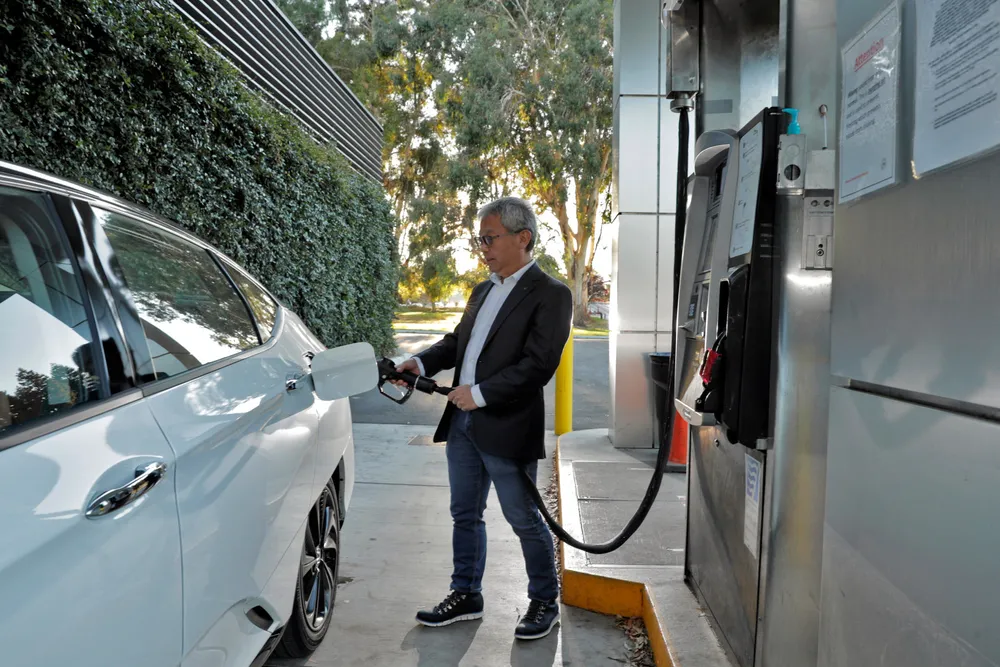Sales of hydrogen fuel-cell vehicles continue to slump in California as demand for BEVs surges
First quarter of 2023 saw sales of hydrogen vehicles decline by nearly a third year-on-year

First quarter of 2023 saw sales of hydrogen vehicles decline by nearly a third year-on-year
